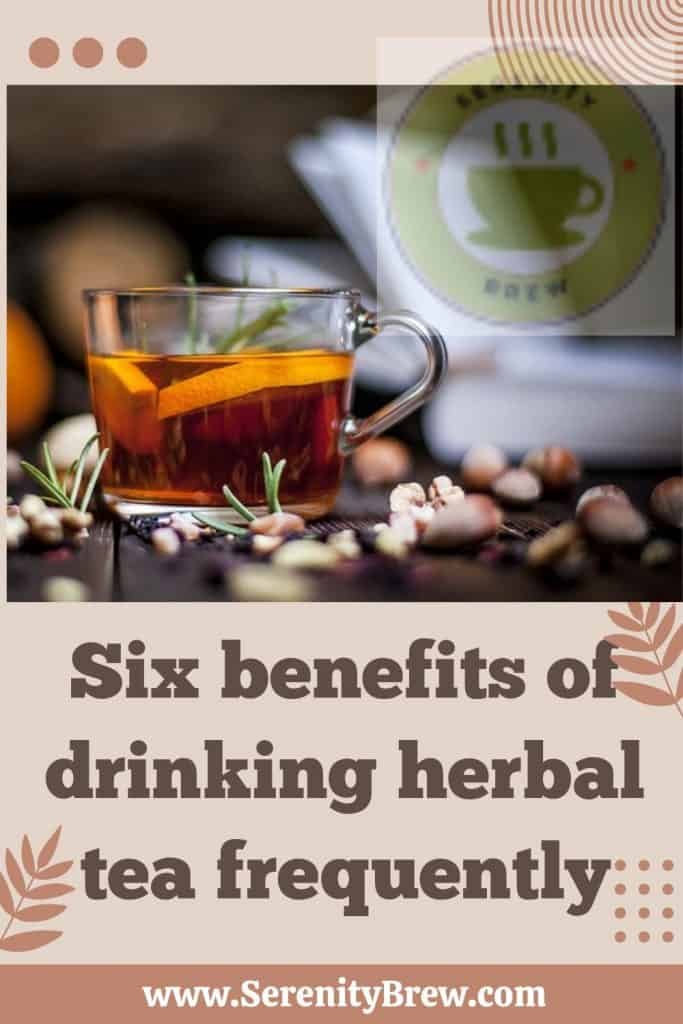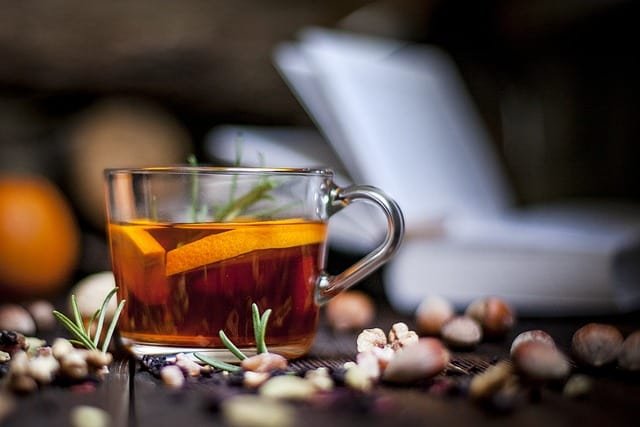
In recent decades, science has confirmed that the consumption of these drinks offers many health benefits.
Infusions are part of the daily routine of many people . Consciously or not, people who consume them take advantage of the numerous benefits of ingesting these drinks. Some benefits that are not limited to the qualities derived from the organic components included in them, but rather go much further. Below is a list of six of the main advantages of becoming fond of consuming herbal teas.
1. They fight the cold
In a winter as intense as the one we are going through, the ability of infusions to contribute to body heat is undoubtedly one of the most outstanding. A hot drink helps above all to combat the feeling of cold , the kind that often stays in the body and leads to saying that one “is out of temper.”
For these reasons, the infusions that help the most to combat the cold are those that help improve blood circulation , among which ginger and mint can be highlighted, as well as horsetail, dandelion, bark of willow and rosemary. And if we dare, those that contain onion and garlic.
2. They help to relax
Infusions of certain herbs have relaxing and anxiolytic effects. To this end, they have been drunk by people from countless cultures throughout history, and -in our times- various scientific studies have verified this quality in the case of chamomile, lime blossom, valerian and Ashwagandha tea, an infusion very frequently consumed by practitioners of oriental religions such as Hinduism.
Many other kinds of herbs are credited with relaxing abilities, such as passion flower , lavender, Kava tea , and lemon verbena or lemon verbena. In these cases, scientific studies are scarce or lacking in force to ensure that they help calm the body and reduce stress.
Anyway, as long as preparing and drinking an infusion involves taking a break and slowing down the fast pace of the day, it will be a kind of natural remedy against anxiety that sometimes generates a very fast life.
3. They promote a healthier sleep
Almost as a consequence of the relaxation mentioned in the previous point, many infusions also help to sleep better. The fact is that it is not only its organic properties that have beneficial potential in this regard.
An infusion at the end of the day can be part of a kind of ritual that also includes other healthy habits to avoid insomnia , such as having a light dinner, avoiding intense physical activity and excessive use of the mobile phone in the last hours of the day, create a conducive environment, always go to bed at the same time, etc.
4. They contribute to good digestion
The digestive properties of herbal teas are also among the most cited when talking about their benefits, and they can be very useful in times when intense cold can promote binge eating .
Some of the herbs already mentioned help to metabolize ingested food, in particular chamomile, mint and ginger, as well as boldo, fennel and artichoke (the latter should be avoided during pregnancy and lactation). Also the tea offers digestive benefits.
Although sometimes used as synonyms, tea and infusion are not the same: the first comes from a plant called Camellia sinensis, from which all its tonal varieties are obtained (black tea, green tea, pu-erh or red tea, yellow, white, oolong or blue tea), and contains caffeine, which in this case is called theine. For this reason, teas are not recommended for relaxation or sleep, but for digestion, in addition to their other positive health effects .
5. They promote good hydration
Although in general the risk of dehydration is mainly related to summer and high temperatures, it can also occur in winter. Specifically, because the cold reduces the sensation of thirst, which can lead to insufficient fluid intake.
Even more so in the case of older adults, since the sensation of thirst also decreases with age, especially after the age of 65. For these reasons, incorporating the habit of drinking herbal teas can be a good ally when it comes to maintaining proper hydration in the body.
6. They counteract fluid retention
Some infusions –such as artichoke, fennel, dandelion, horsetail and also green tea– have an important diuretic effect. If you think about hydration, these drinks can be counterproductive.
The reason is that the amount of fluid ingested is generally less than that eliminated through the urine. However, the latter are beneficial in another way: they help combat fluid retention , a fairly common problem that can also be the result of binge eating.

